Colombia’s National Liberation Army (ELN), a leftist armed group active since 1964, announced that peace talks would once again begin with the Colombian government following a meeting in Caracas, Venezuela, on Thursday. The previous ceasefire, negotiated in August 2023, expired amid conflict between the ELN national dialogue delegation and the Colombian Ministry of Peace following claims that the Colombian government had entered peace talks with the ELN’s Nariño front outside of the national dialogue.
Revived Talks
The meeting with the Colombian government took place from November 1 to November 7, during which the delegations of both parties conducted an “in-depth” review of the peace process, including its progress, difficulties, and prospects, according to a joint statement published by the ELN. Both delegations expressed interest in reviving peace talks on the structure of the 2023 “Mexico Agreement,” an agreement that established several major points, marking a comprehensive framework for the eventual disarmament of the ELN. Key points of the agreement include both social and economic reforms that seek to reduce poverty and crack down on corruption, the enhancement of civilian participation in the democratic process of Colombia, and the addressing of those victimized through the conflict between the Colombian government and ELN, among other key issues.
Another meeting between the delegations is set to begin on November 19 and last until the 25 of the same month “once necessary consultations have been made,” according to the joint statement.
The revival of peace talks with the ELN marks a significant victory for President Gustavo Petro’s “total peace” plan, a policy that intends to end the decades-long “Colombian Conflict” that has taken an estimated 450,000 lives, marking a revival in the peace process with the armed group since the expiration of the previous ceasefire. Since the expiration of the ceasefire, the ELN has made several attacks against both Colombian security forces and national infrastructure. Previous attacks perpetrated by the ELN include an attack on a fuel pipeline in August, the ELN’s employment of “pistol plans,” a strategy consisting of targeting vulnerable soldiers and police in an effort to undermine morale and destabilize regions of interest to the armed group, and the detonation of a car bomb in Tame, Arauca, which left two soldiers dead and jeopardized peace talks with the leftist armed group.
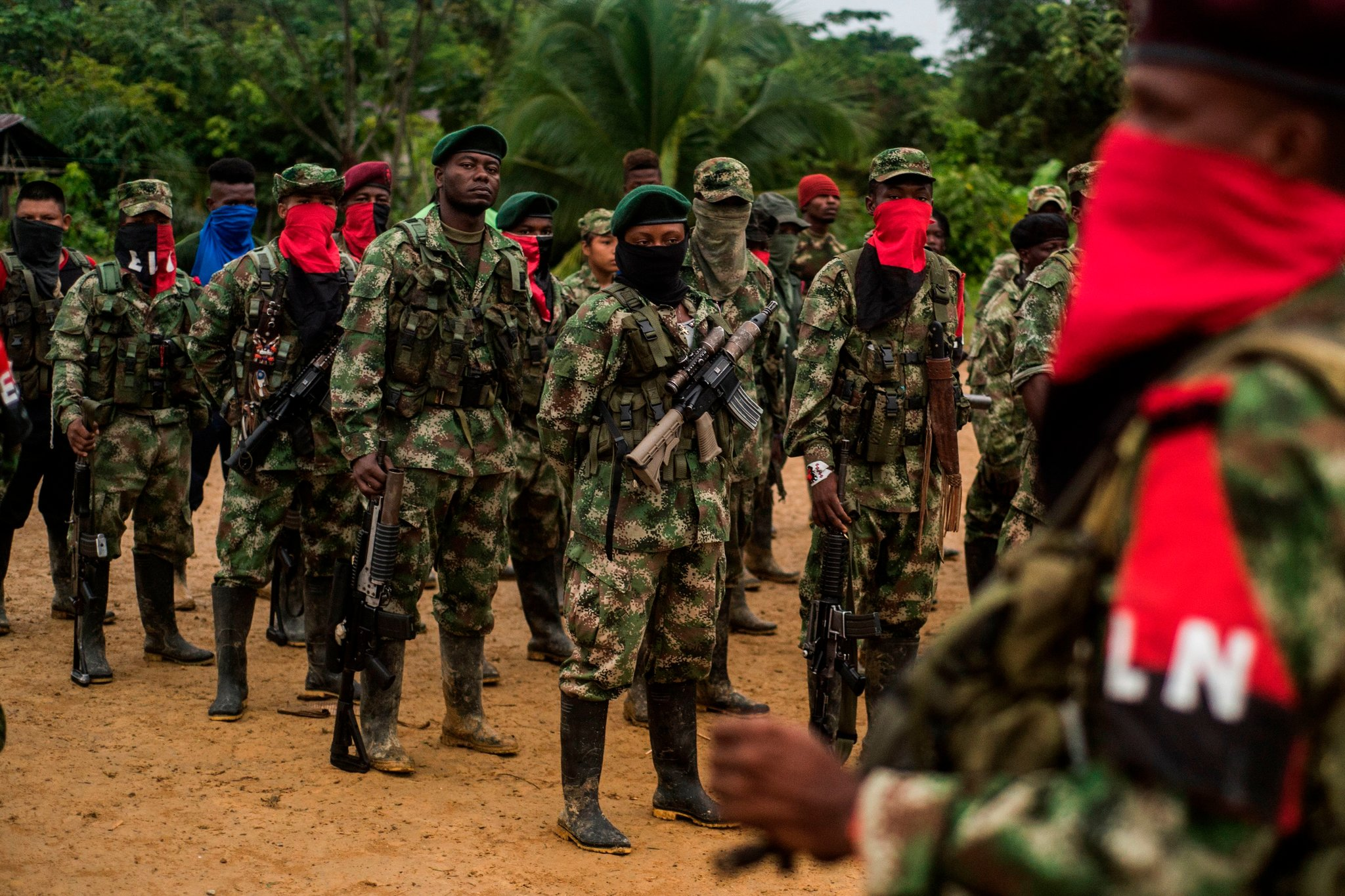
Following the car bombing, President Petro announced that the attack effectively ended peace talks with the ELN, calling the attack “a closure of the peace process in blood.” This comment came as a shock for analysts and observers, as Petro has previously successfully negotiated peace deals with armed groups such as the ELN and factions of the now defunct Revolutionary Armed Forces of Colombia (FARC) as part of the total peace plan. However, despite the president’s comments regarding the status of the peace process, the decision to reenter talks with the ELN has cemented Petro’s continued interest in ending the Colombian conflict through peaceful means.
A Turn for Total Peace?
If the resumption of peace talks with the ELN leads to the successful negotiation of a ceasefire, it will act as a major victory for Petro’s government amid increasing defeats as the government struggles to maintain peace with the various armed factions at odds with the Colombian government.
While Petro’s plan made some strides in the early days of his presidency, securing a ceasefire with both the ELN and a splinter faction of the FARC known as the Estado Mayor Central (FARC-EMC), the plan has faced fierce criticism from political opponents and Colombian citizens alike amid widespread allegations belligerent groups maintained illegal operations such as extortion, kidnapping for ransom, and drug trafficking, among others. Operations that violated the newly negotiated ceasefires.
Despite these early victories for Petro and the renewed talks with the ELN, tensions persist with the FARC-EMC, whose ceasefire was suspended in March following an attack on an indigenous community, which led to the death of a community leader and the injury of two members. The failures of both the ceasefires with the ELN and FARC-EMC have led to increased criticism against the total peace plan and questions regarding the sustainability of the policy itself.
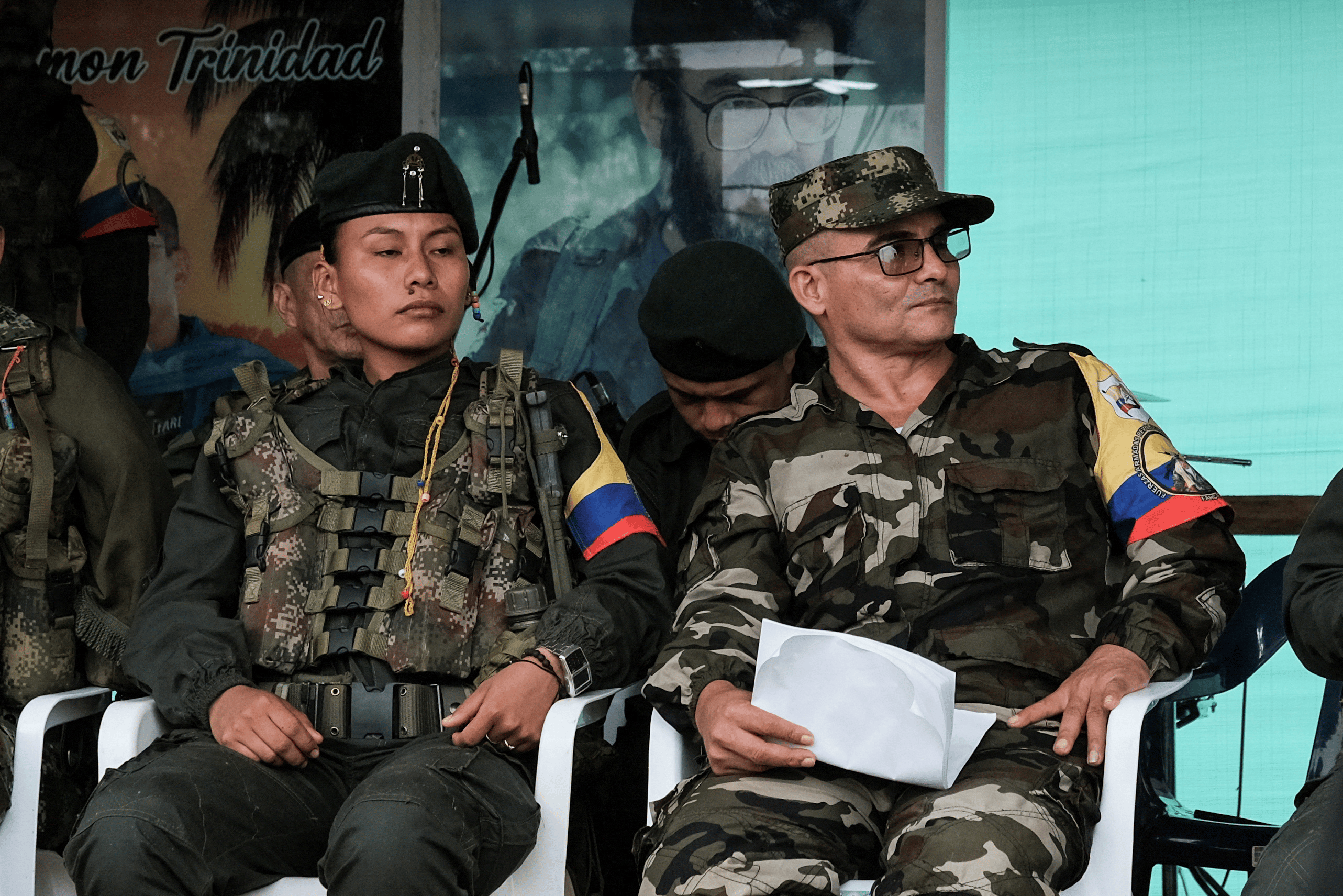
After the attack, Petro announced that the ceasefire between the government and FARC-EMC was to be dissolved immediately while also reviving military operations against the armed group in retaliation for the attack. Since then, however, the FARC-EMC has launched numerous attacks against security forces, with notable examples including several attacks against forces in Morales, Cauca, and Jamundi, Valle del Cauca.
These attacks are believed to be in an effort to force the Colombian government to reenter peace talks with the FARC-EMC, with innocent bystanders acting as mere collateral to the narco-terrorist organization.
In an effort to address the threat that the FARC-EMC poses, the Colombian military launched Operation Perseus, a military operation that successfully retook control of a FARC-EMC stronghold in Cauca known as El Plateado. This military operation faced numerous obstacles, including the use of commercial drones to drop explosives on Colombian soldiers and the alleged use of locals as human shields by the FARC-EMC. This allegation is the result of a military intelligence report from the Colombian military in which the military indicates that a meeting between locals and the FARC-EMC was held in which civilians were told children and pregnant women should approach armored vehicles and attempt to prevent further movement by security forces through their communities.
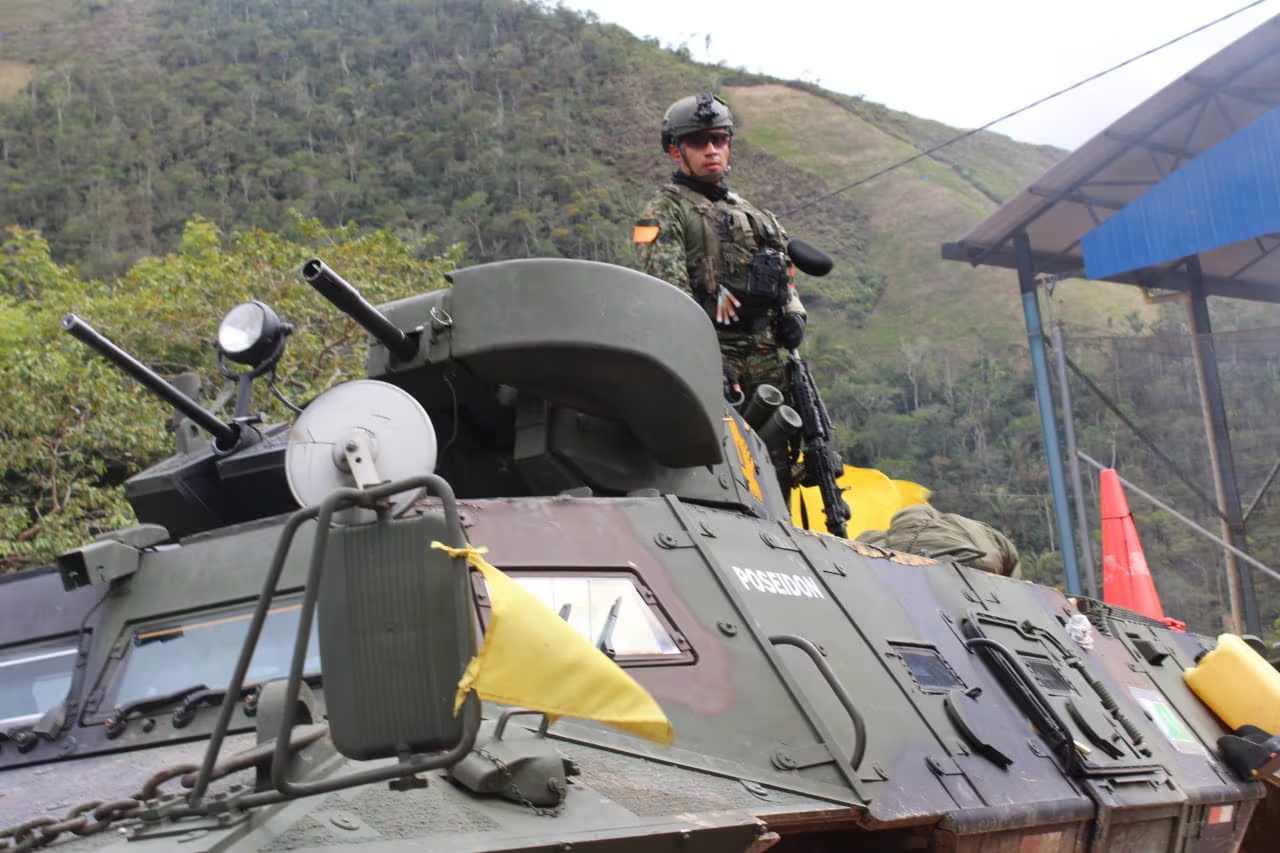
Locals were further encouraged to orchestrate large-scale demonstrations against security forces and conduct raids against positions held by the Colombian military in an effort to force out security forces from the region, allowing for the armed group to assert further control over disputed areas.



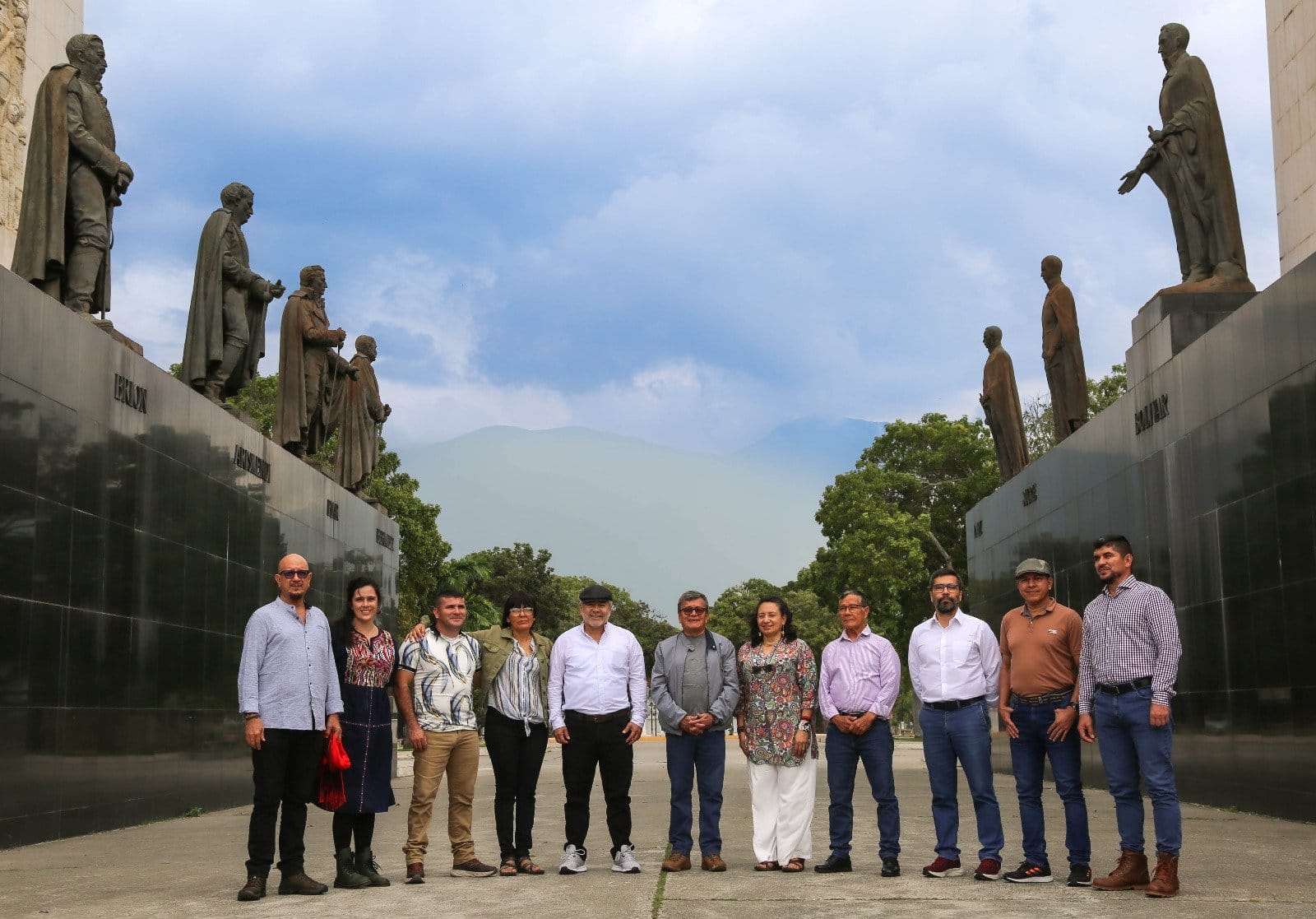
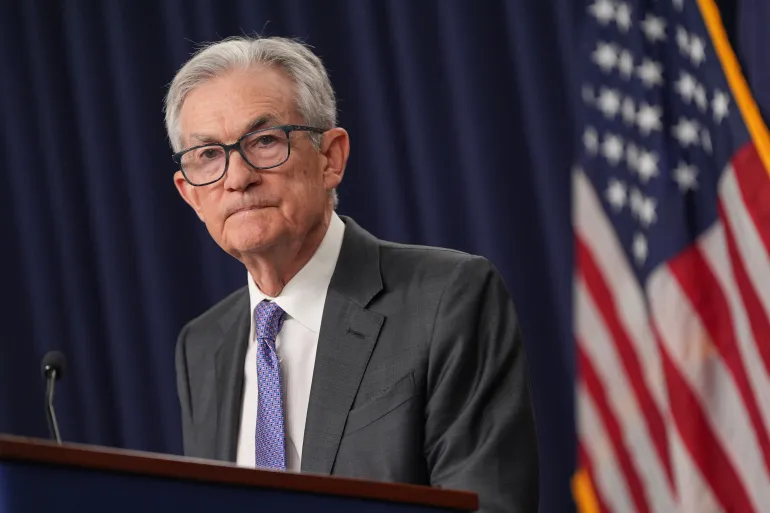

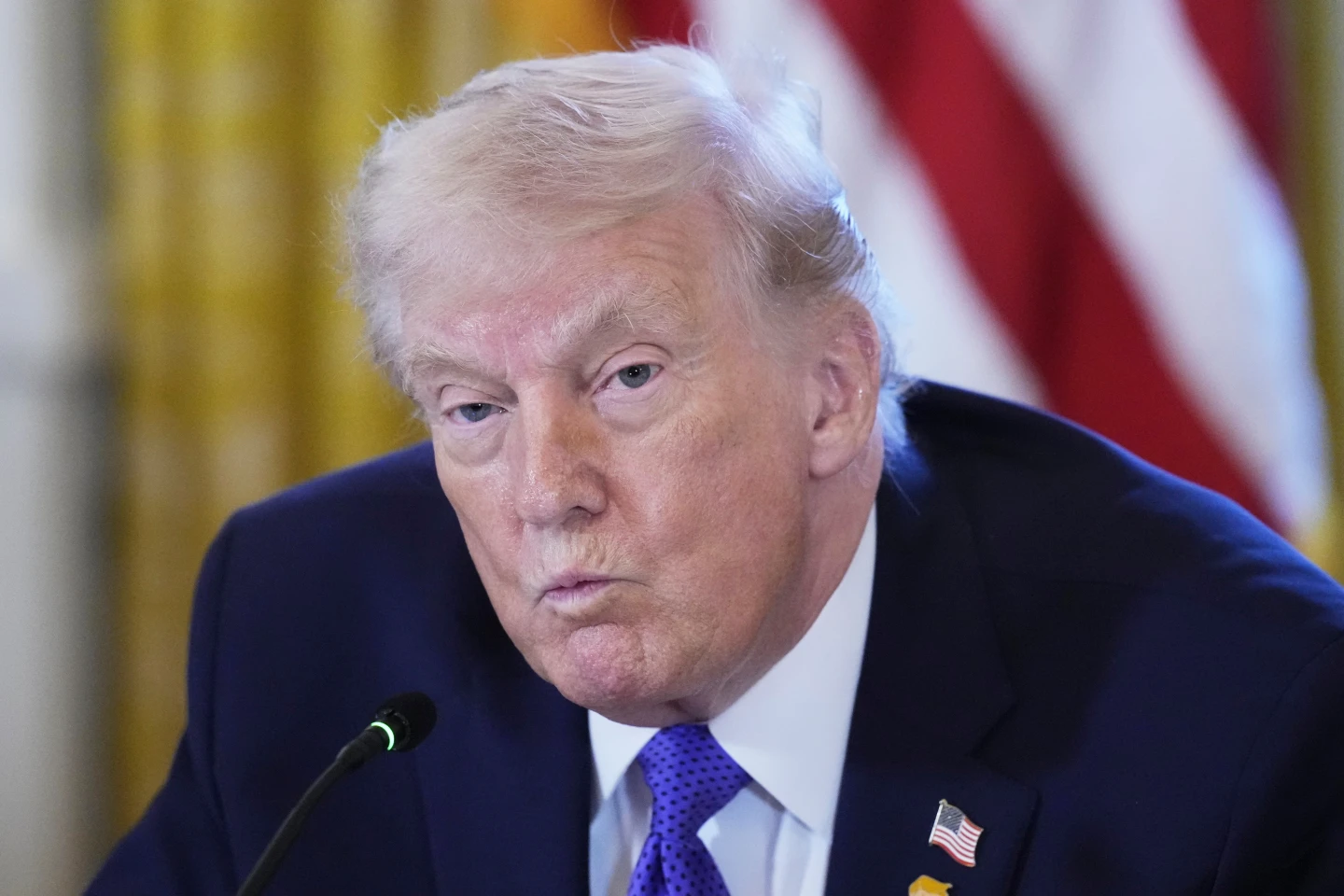
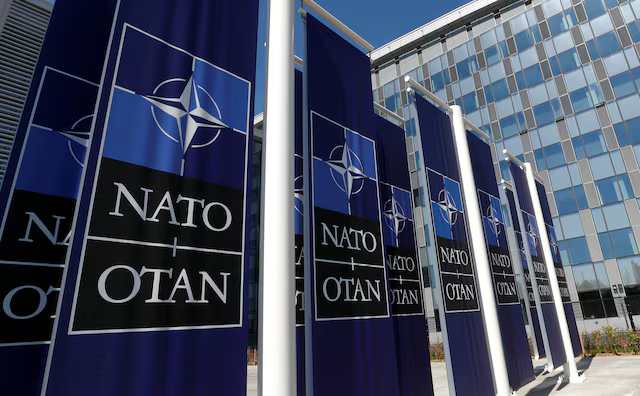
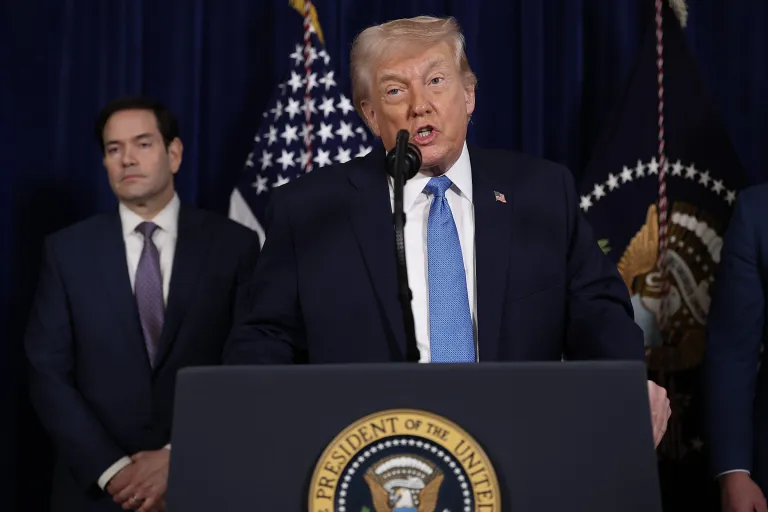
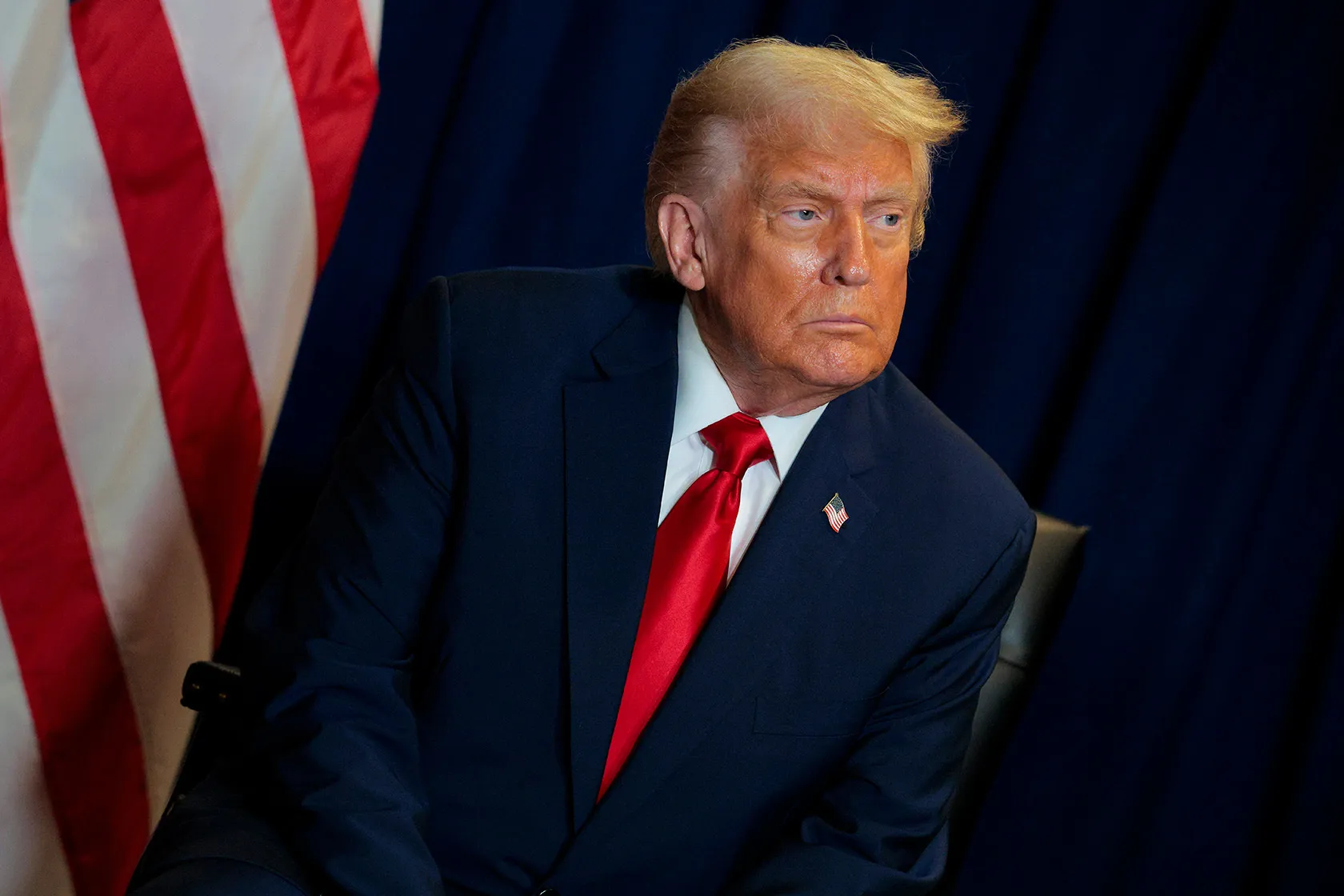

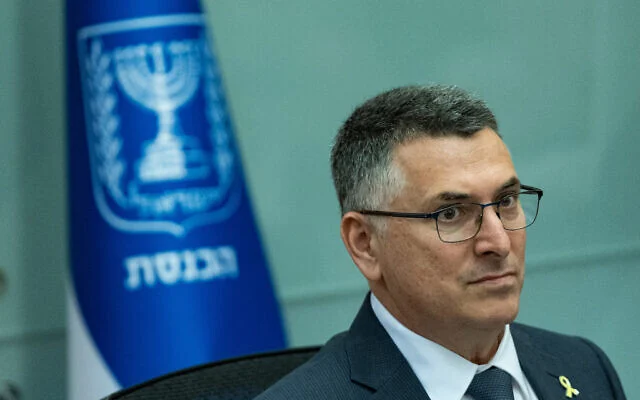
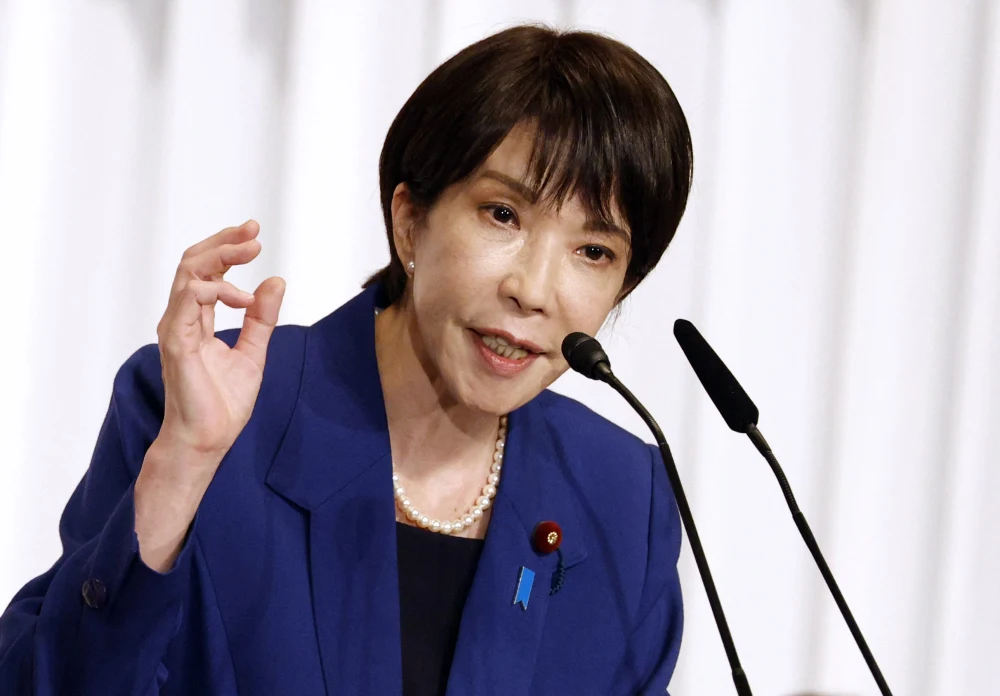
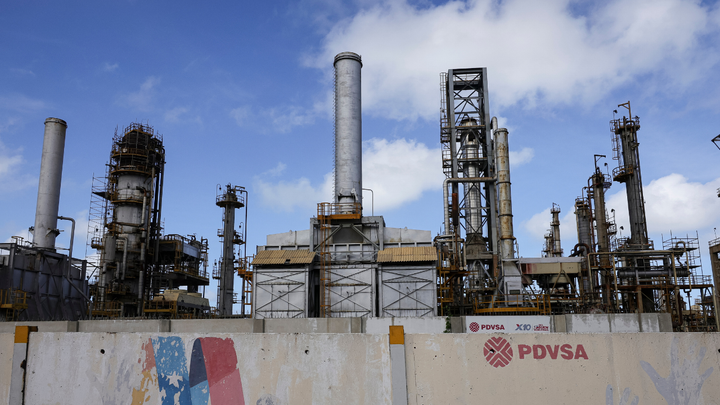
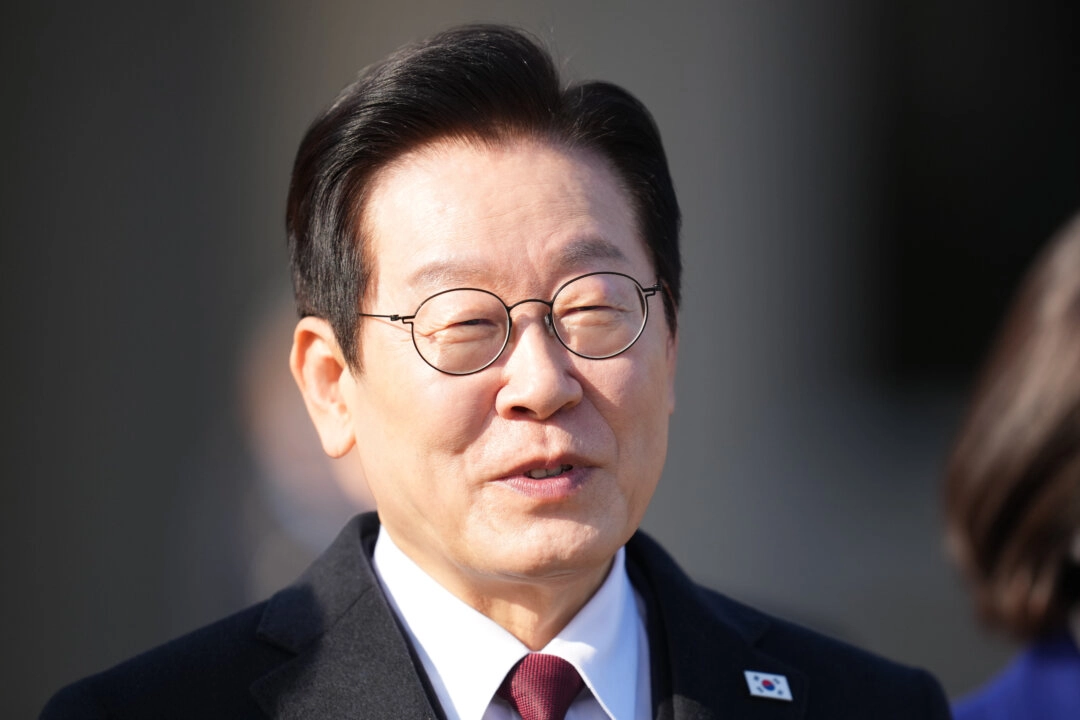
Discussion